Two remarkable players, Sultan Khan (1905–1966) and Victor Soultanbéieff (1895–1972), met at the International Team Tournament at Folkestone in 1933. Sultan Khan, one of the game’s most naturally gifted stars, represented the British Empire, and Soultanbéieff his adoptive country, Belgium.
In a dazzlingly short career of only five years Sultan Khan beat many of the world’s greatest players, including Capablanca, and won the British Championship three times. He would return to his native Punjab (now part of Pakistan) shortly after this game, never to play international chess again.
Daniel King’s entertaining biography combines a full account of his games and career with sharp portraits of many of the players he encountered.
Soultanbéieff (nicknamed ‘The Sultan’) enjoyed a reputation for bold, fighting chess and tactical brilliance in an international career that was almost as short as Khan’s.
Sultan Khan – Victor Soultanbéieff
Folkestone 1933
White to play
‘On asking Alekhine for his private opinion of my drawing chances I received this unnerving reply:
“Not against Sultan Khan: he specialises in rook endings!”’
So writes Soultanbéieff in his autobiographical games collection Le maître de l’attaque (Paris, 1974).
Soultanbéieff manages to draw this instructive ending eventually despite being on the brink. His sense of achievement against an opponent who had defeated him so brilliantly three years earlier (see below) goes some way to explaining his rose-coloured notes to the game.
37 Ra5
Soultanbéieff recommends 37 g4 to discourage Black’s next.
37…h5 38 Ra3 Rb4 39 Kf3 Rb1 40 Ra6+ Kf7 41 Ra7+ Ke6 42 Ra6+ Kf7 43 e4 Rb3+ 44 Kg2
44…Rb1
To answer 45 Kh3 with Rh1+.
45 Rd6 Ra1 46 Rd5 Ra4 47 Kf3 Ra3+ 48 Kf2 Ra2+ 49 Ke3 Ra3+ 50 Rd3 Ra4 51 Kf3 Ra1 52 e5 Re1 53 Rd7+ Kf8 54 Kg2 Kg8 55 Kf2 Re4 56 Rd1 Kf7 57 Kg2 Kg7 58 Kf3 Ra4 59 Rd7+ Kf8 60 Ke3 Rb4 61 Kf3 Ra4 62 Rd3 Kf7 63 Rd7+ Kf8 64 Rd2 Kg7 65 Kg2
65…g5
Soultanbéieff awards this an exclamation mark but it should hasten the end by gifting White connected passed pawns.
66 f5 66 Re4 67 Rd7+ Kg8 68 e6 Re5
69 Rf7?
A critical position. As Daniel King points out, 69 Rd6! wins easily. Black has no defence: 69…Rxf5 70 Rd8+ Kg7 (70…Rf8 71 e7) 71 e7; or 69…Kg7 70 e7 Kf7 71 f6 followed by Rd8 and Rf8+.
69…g4!
White’s king cannot advance, and if the white rook leaves the f-file for the queenside …Kf8 will be quite safe for Black. The game was agreed drawn on move 83.
1/2-1/2
Sultan Khan: ‘a genius for chess that is nothing short of extraordinary’ (Capablanca)
The game is remarkable for being one of the few known occasions when the phlegmatic Sultan Khan lost his cool, as Soultanbéieff recalls::
‘The Hindu [sic] was very disappointed not to have had a better return on his effort and for once lost that famous composure and magnificent self-control he showed at all times: he nervously scrunched up his scoresheet, threw it to the floor and left the tournament hall . . . With an orientally philosophical attitude, he got over it quickly enough: later that evening I saw him enjoying a carousel ride with his fiancée [sic], who throughout the entire game had sat at the Grandmaster’s side like a marble statue. And two months later the Indian couple had an unprecedented success at the British Championship: Sultan Khan won the masters tournament with the fine score of 9½/11 and Mlle Fatima the women’s event with an even more remarkable score: 10½/11!’
[Daniel King points out in his book that Soultanbéieff made assumptions about the nature of Khan’s relationship with Fatima. Khan’s granddaughter, Dr Atiyab Sultan, has confirmed to us that they were never a couple.]
Victor Soultanbéieff was one of the strongest amateur players of the 1930s
Soultanbéieff’s notes below are translated from Le maître de l’attaque.
Sultan Khan capitalises on a strategic error (11 e4) to win brilliantly. Reuben Fine included the brevity in his book The World’s Great Chess Games (1952).
See also

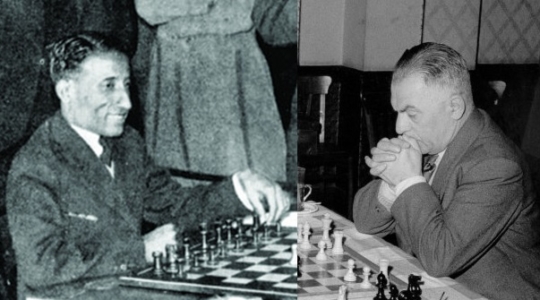
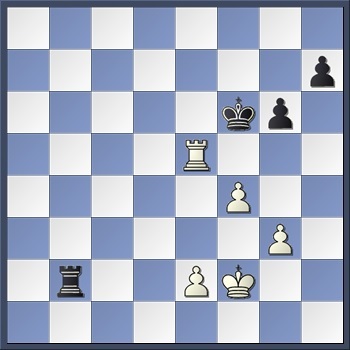
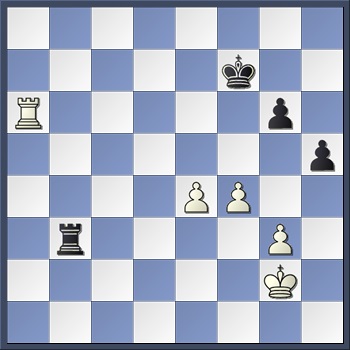
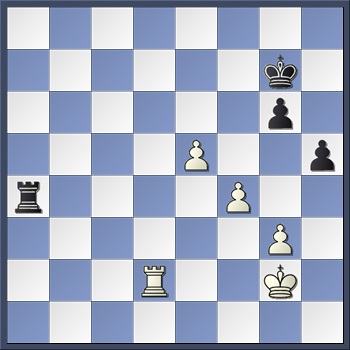
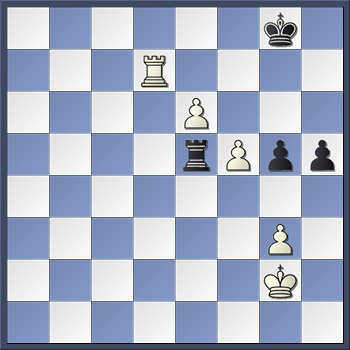
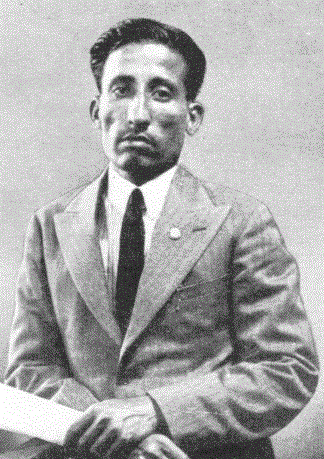
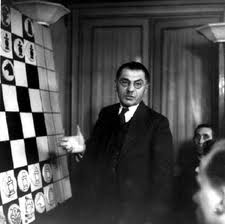
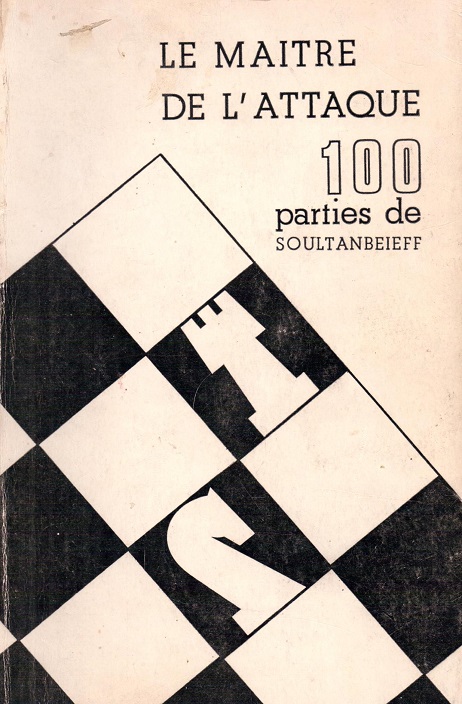





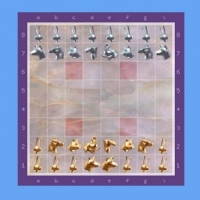



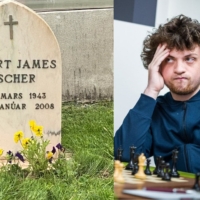

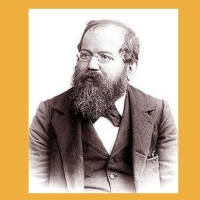
Soultanbieff is also incorrect in terming Sultan Khan a Hindu. He was a Muslim.
Meanwhile Daniel King’s book is rife with errors about Sultan Khan. A critique of this appeared in the latest New In Chess magazine as well as online at https://www.chess.com/blog/atiyabsultan/sultan-khan-by-daniel-king-a-granddaughters-review
Truly sad how western commentators and players misrepresented Khan during his life and even today.